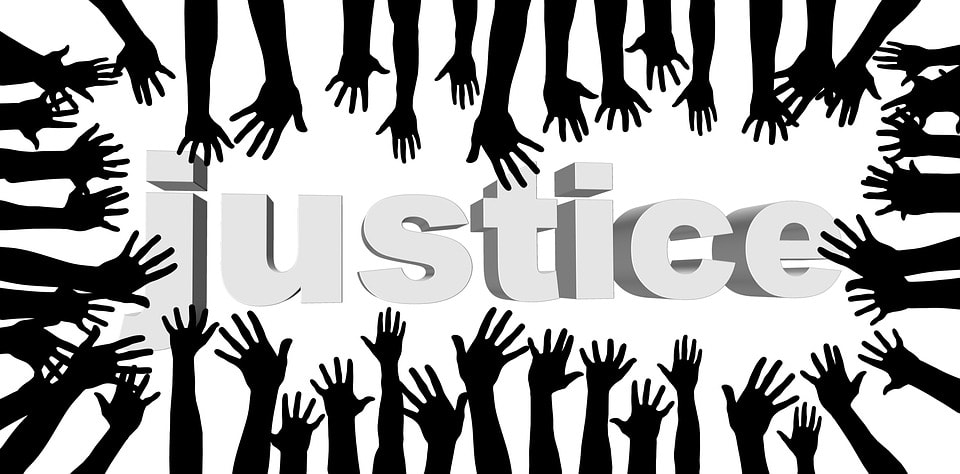A police officer or citizen sees someone looting. The man has only underwear on. The officer or owner tells the looter to stop, but he doesn't listen. The looter ignores the officer/owner, and just continues to carry out goods. He is obviously unarmed and is not posturing in an aggressive manner. Does the police officer or owner have a moral right (which is distinct from a legal right) to shoot this man? It seems apparent to most that killing for the mere defense of one's property is not moral.
As another example, two teenagers get into an argument over summer break. One teenager punches the other in the face. The defender then pulls out a knife and stabs the aggressor. Assuming that these were two normal teenage boys who weren't in gangs and didn't provide any reason for us to think this was more than a testosterone filled scuffle, most would say that killing the aggressor here was not morally justified. If there is not a reasonable fear for one's life, killing force is not warranted.
Women in the United States have a .02% chance of dying in childbirth (1 in 5,000). Even the worst country for maternal mortality, Sierra Leone, only has a 1.4% maternal mortality rate. This is a country ravaged by civil war for decades, along with ebola epidemics and other hazards which make the environment dangerous for mothers. If you have a 99% chance of survival as a mother even in Sierra Leone, on what grounds can most mothers say their abortions are for their self-defense? The majority of abortions do not occur out of a fear for one's life and are therefore unjustified killing.
Lesser of Two Evils: Another reason we may attempt to justify killing another human is in a situation where we must choose between two sets of lives. For this to be moral in the eyes of most, the killing must be indirect.
Take the short bridge film, for example (see below). A bridge worker is faced with the choice of closing the bridge so a train full of people can pass safely and live, but this will crush his son. If he refuses to lower the bridge to save his son, the train full of people will die. The man chooses to actively lower the bridge and save the train of people, and indirectly kills his son.
This scenario seems vastly distinct from altruistic murder. For instance, if your friend has a child who needs a kidney to live and you murder someone with a matching kidney, though your goal is to save a life, you did it by seeking to end another's life. In the first example, the bridge was the vehicle which saved lives, though it killed another. The death was inadvertent or indirect. In the second example, the killing of another is a necessary part of the process. Another's death is sought.
When we look at abortion, we see that it is the active taking of another's life. A mother who chooses to take chemotherapy for her cancer while pregnant may inadvertently kill her child, but this seems different than choosing to pursue the death of a child in abortion. Not only does abortion seek to take life, it usually seeks to take this life with no intent of saving anyone else's life. Abortion not only seeks another's death, but it does so for something which is not a greater good (saving another's life).
2. How to Determine Value and Rights: What quality and types of qualities confer rights and value to an individual?
3. Justified Reasons for Taking Human Life: What justifies the taking of human life?
4. Unjustified Reasons for Taking Life: What reasons fail to justify the taking of human life?
5. Bad Christian Arguments and Witness: Common pro-life/Christian arguments and actions which can undermine the pro-life position.
6. Counterrebuttals: A response to significant objections to the pro-life arguments.
7. Conclusion:
8. Resources:




 RSS Feed
RSS Feed